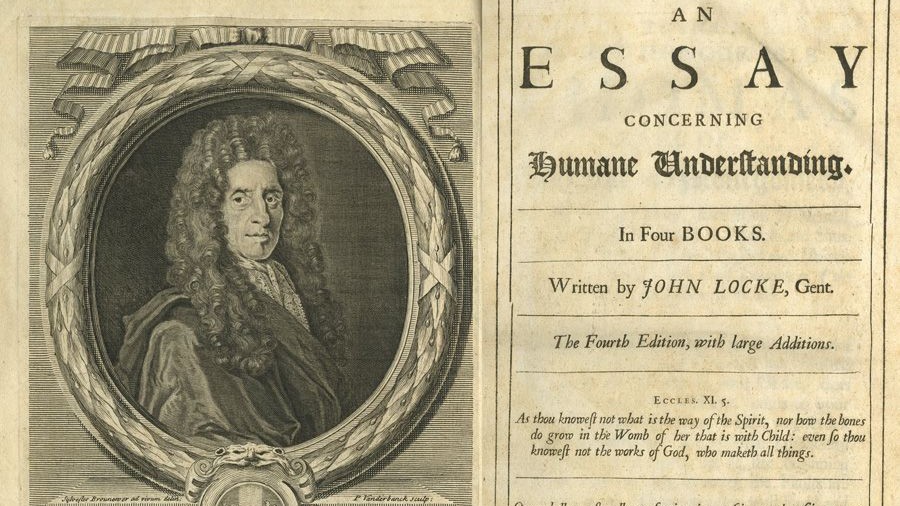“An Essay Concerning Human Understanding” is a seminal work by the English philosopher John Locke, published in 1689. It is a comprehensive exploration of the nature of human knowledge, the origins of ideas, and the limits of human understanding. In this influential treatise, Locke sets out to investigate the nature of human understanding, arguing against innate knowledge and advocating for empirical observation and experience as the foundation of knowledge acquisition.
Views on Human Nature and Living a Good Life
Locke’s “Essay” presents a view of human nature as a blank slate, or “tabula rasa,” at birth, with the mind devoid of innate ideas. He argues that all knowledge and ideas are derived from sensory experiences, which are processed and combined in the mind to form complex thoughts. Locke’s emphasis on the importance of empirical observation and experience laid the groundwork for modern empiricism and influenced subsequent philosophers such as David Hume and George Berkeley.
Locke’s philosophy also extends to considerations of living a good life. He asserts that human beings have natural rights, including life, liberty, and property, and argues for the social contract as the basis for political governance. Locke’s belief in the importance of individual liberty and limited government influenced the development of liberal democratic thought and had a profound impact on political philosophy.
Anecdotes of Locke’s Practice
Locke’s personal life and actions provide some anecdotes of how he practiced what he preached. As a proponent of religious tolerance, he played a crucial role in shaping the ideas that led to the later adoption of religious freedom in England. Locke himself had firsthand experience with religious persecution, having lived through a period of religious strife in England. His advocacy for toleration and respect for differing religious beliefs demonstrates his commitment to the principles of individual liberty and freedom of conscience.
Furthermore, Locke’s involvement in politics and his work as a physician reveal his pragmatic approach to problem-solving and his commitment to the pursuit of knowledge through observation and practical experience. He served as a commissioner of trade and plantations and contributed to the formulation of economic policies based on his understanding of human nature and the principles of market exchange.
Philosophical and Scientific Reception
Locke’s “Essay Concerning Human Understanding” has received significant attention and commentary from philosophers and scientists throughout history. Many philosophers have engaged with his ideas, both critically and as a basis for further exploration. David Hume, for instance, built upon Locke’s empiricism and skepticism to develop his own philosophical system. Immanuel Kant, on the other hand, critiqued Locke’s views on innate ideas and argued for the existence of synthetic a priori knowledge.
In the realm of science, Locke’s emphasis on empirical observation and the scientific method laid the groundwork for the development of modern scientific inquiry. His ideas influenced thinkers such as Francis Bacon and Isaac Newton, who embraced empirical approaches in their respective fields of philosophy and physics.
Bibliography
- Locke, John. “An Essay Concerning Human Understanding.” Oxford University Press, 1979.
- Yolton, John W. “John Locke and the Way of Ideas.” Oxford University Press, 1956.
- Chappell, Vere, ed. “The Cambridge Companion to Locke.” Cambridge University Press, 1994.
- Woolhouse, Roger, ed. “John Locke: A Letter Concerning Toleration.” Hackett Publishing, 2010.
- Yaffe, Gideon. “Locke on Knowledge and Reality: A Commentary on An Essay Concerning Human Understanding.” Routledge, 2015.
